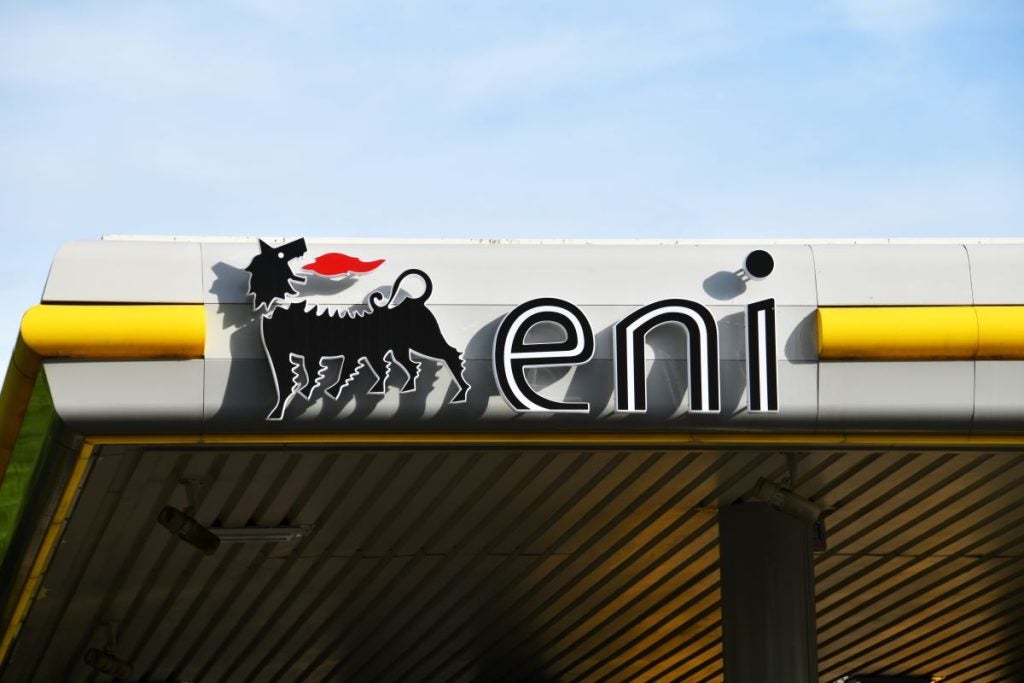
For many decades, the oil industry has been of great symbolic as well as economic significance to Mexico. Since 1938, when the Mexican Government under President Lázaro Cárdenas expropriated the country’s oil resources and infrastructure from foreign oil companies and created national oil company Petróleos Mexicanos (Pemex), Mexico’s oil industry has turned its face against private investment or participation from the outside.
Foreign oil companies Standard Oil Company of New Jersey (now ExxonMobil) and Royal Dutch Shell lost out, spending the following years boycotting the country and negotiating for compensation from Mexico for the loss of assets, and Pemex grew into the one of the world’s largest oil companies while Mexico became a hydrocarbons-exporting powerhouse of the 20th century.
So while oil production is a central pillar of the Mexican economy – with Pemex’s revenues historically accounting for up to a third of the government’s tax revenues – it is also synonymous with Mexico’s independence and its rejection of foreign corporate power, a cornerstone of the country’s image of itself. As Mexican research organisation CIDE has put it: “Energy, particularly oil, continues to be the stronghold of Mexican nationalism.”
The Peña Nieto government and energy reform
Skipping forward to 2012, a presidential election year, the 20th-century success story of Mexico’s nationalised oil industry and Pemex’s monopoly had lost its lustre. Decades of financial decline, decaying infrastructure and corruption – costing Pemex more than $1bn a year, as the company told the New York Times in 2003 – had seen Mexico’s oil production rates steadily decline from 3.6 million barrels a day in 2004 to less than 2.3 million last year.
Presidential candidate Enrique Peña Nieto made reform of Pemex and Mexico’s energy sector the “signature issue” of his party’s campaign, promising to open the company to private foreign investment and partnerships. While declining production and allegations of mismanagement had certainly created an opportunity for change, it was no sure thing, even once Peña Nieto won the presidency.
Much of the Mexican public was still strongly opposed to any form of privatisation, with a 2013 poll by CIDE showing that 65% of Mexicans were against private participation. Peña Nieto’s government also held a relatively vulnerable position in Mexico’s Congress, the support of which would be needed to alter Mexico’s constitution and pass the laws necessary to open up the sector.
How well do you really know your competitors?
Access the most comprehensive Company Profiles on the market, powered by GlobalData. Save hours of research. Gain competitive edge.

Thank you!
Your download email will arrive shortly
Not ready to buy yet? Download a free sample
We are confident about the unique quality of our Company Profiles. However, we want you to make the most beneficial decision for your business, so we offer a free sample that you can download by submitting the below form
By GlobalDataNevertheless, the government did succeed in pushing through the reforms, signing into law changes to the constitution in 2013, and securing key Congressional approval in 2014 to open the market to foreign direct investment. The changes, the government argued, will attract billions of dollars of investment and return Mexico’s oil production rates back to 2004 levels by 2025.
Poor industry turnout
Early signs for Mexico’s newly-privatised oil sector weren’t the best. The country’s first auction for offshore exploration licences in summer 2015 attracted far fewer bids than expected. While the government expected to award at least five contracts out of the 14 shallow water blocks on offer, in the event, only two winning bids were awarded, with many blocks receiving no bids, and other bids failing to meet the government’s expectations on terms. The winning bids were made by the same consortium, between Mexico’s first independent oil company Sierra Oil & Gas, US-based Talos Energy and British firm Premier Oil.
“Without doubt, the start of round one didn’t have the momentum we were hoping for,” said Mexico’s National Hydrocarbons Commission president Juan Carlos Zepeda in July 2015. The poor industry turnout for the bidding round was attributed to bad timing, first and foremost, with oil companies scrambling to consolidate in the wake of an historic oil price downturn that kicked off in 2014, in combination with high expectations from the government on contract terms and the share of profits going to the state.
Still, Mexico has persisted on its course, offering more licences – many of which have been given up by Pemex – for auction and pushing past concerns about oil prices and diminished exploration budgets. “Regardless of the oil price in the short term, Mexico [has] decided to have the technological, financial and risk management capability that the global oil industry has already developed for [these types] of large-scale projects,” said Peña Nieto in his opening speech at the annual HIS CERAWeek conference in Texas in February last year, before addressing the need for Pemex to adapt to a new, non-nationalised reality in Mexico.
“Pemex will have to focus on cutting expenses and reaching greater efficiencies; it will have to prioritize investments; and above all, it will have to take advantage of the opportunities for new partnerships that the energy reform [has] created.”
Trion development and a key discovery
In the last year, interest has certainly picked up and Mexico’s offshore bid rounds have attracted a great deal more attention. The stuttering start to the country’s offshore bidding process contrasts starkly with more recent auctions. The latest shallow water oil tender in June this year saw ten of 15 blocks snapped up by the likes of Eni, Lukoil and a Total/Shell consortium; Zepeda described the auction as “a great result”.
In December last year, eight of the 10 blocks offered under Mexico’s much-anticipated deepwater licencing round (Round 1.4) attracted successful bidders, from Total, ExxonMobil and China Offshore Oil Corp in the hyped Perdido area to Statoil, BP and others in the Saline Basin. Many of the bids offered additional royalties of up to 22.99%.
Pemex has also demonstrated an ability to forge partnerships and make moves in the newly-competitive oil sector. The company won multiple contracts in recent auctions, partnering with operator Chevron and Japan’s Inpex to snap up Block 3 of the Perdido region, which could potentially hold up to 1.3bn BOE. The national oil company is also working in collaboration with BHP Billiton (the latter of which outbid BP for the privilege) to develop the promising Trion field discovered by Pemex in 2012. This is Pemex’s first farm-out arrangement for exploration and production, and a company statement attributed the deal to the “greater degree of flexibility and mechanisms stemming from the energy reform”.
A major discovery in July by project partners Sierra, Talos Energy and Premier – the only successful bidders in Mexico’s first offshore auction – marked the first discovery by anyone outside of Pemex in Mexican waters for around 80 years, and has further boosted the prospectivity and attractiveness of the country’s shallow water resources. The companies announced the discovery of a reservoir containing up to two billion barrels of oil, a development that Talos president and CEO Tim Duncan said represents “exactly what the energy reforms intended to deliver: new capital, new participants and a spirit of ingenuity that leads to local jobs and government revenues for Mexico”.
According to Wood Mackenzie analyst Pablo Medina in a July interview with Bloomberg, the discovery will drive further interest from the private sector. “Future bids will likely be more aggressive,” Medina said. “This obviously increases the attention people will pay. The area contiguous to this block is going to go up in value, no question.”
At the moment, while the Mexican government took a chance when it opened up its oil sector to private investment and stripped its own national oil company of its monopoly, signs are looking good that the gamble is paying off. While Trion is still five or six years away from coming on-stream and the latest round of contracts and discoveries will be a few years behind that, the momentum that has built, as well as the influx of investment and technology that the private sector is bringing to Mexican waters, bodes well for the long-term future of Mexican oil and gas production.







